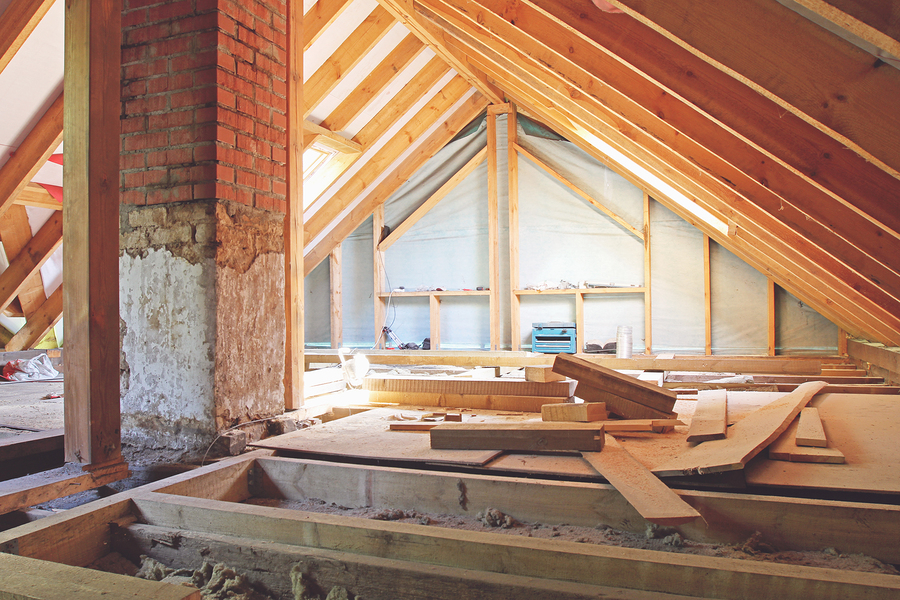The HVAC system is an essential part of any building, playing a critical role in maintaining a comfortable environment. Whether you’re a homeowner or a real estate developer, understanding the intricacies of where the HVAC system is located can significantly benefit your property’s efficiency and comfort levels.
Understanding the strategic placement of the HVAC system is more important than ever, especially with technology advancing in the sector. Whether you’re looking to upgrade, build, or simply comprehend your current setup, knowing where your HVAC system is located is a key part of successful home management.

The Importance of Strategically Placing Your HVAC System
When it comes to optimizing space and efficient energy use, the location of your HVAC system is paramount. It impacts the distribution of air throughout the building and influences the overall energy efficiency.
Why HVAC Placement Matters
Proper placement ensures that airflow is maximized and that temperature regulation is efficient. A poorly located HVAC system can lead to uneven distribution of air and increased energy consumption, leading to higher utility bills.
Understanding Different Types of HVAC Systems
Knowing how various systems work can affect placement decisions. For example, a centralized system may require different considerations than a ductless mini-split system.
Common Locations for HVAC Systems in Homes
Lets delve into where you might typically find HVAC setups in residential properties.
Basements
Many HVAC systems are installed in basements due to the easy access they provide to the rest of the house. This location is often ideal for centralized systems.
Attics
In some houses, especially those without basements, the HVAC system might be located in the attic. This positioning can be beneficial in multi-story homes for efficient temperature control.
Outside the House
Systems like heat pumps are often located outside the home. They work best when unobstructed and given plenty of clearance for air circulation.
The Impact of HVAC Location on Energy Efficiency
HVAC location plays a crucial role in energy use. A strategically positioned system reduces energy waste, keeps temperatures consistent, and lowers costs.
Finding the Balance
Balancing energy efficiency and accessibility can make an HVAC system both effective and easy to maintain.
For additional insights into increasing your home’s energy efficiency, including HVAC considerations, visit this guide.
Consulting with Professionals for Optimal Placement
Professional advice can make a huge difference in placing your HVAC system appropriately. Experts can evaluate your homes specific needs and recommend the most suitable system and location.
To learn more about proper cleaning and maintenance methods, visit NADCA’s resource.
New Advances in HVAC Technology
The HVAC industry is evolving. New technology continuously enhances the efficiency and effectiveness of HVAC systems, offering more flexibility in placement choices.
Smart HVAC Systems
These systems provide real-time data and remote control options, helping optimize placement and performance.

FAQs
Where should you never install an HVAC system?
HVAC systems should be kept out of confined spaces without ventilation and should be protected from the elements if placed outside.
Can HVAC systems be moved?
Yes, but it requires professional expertise to ensure that the system functions properly after relocation.
How does climate affect HVAC system placement?
Climate plays a critical role; some systems require more clearance or shelter in regions with extreme weather conditions.
To further enhance your knowledge, you might consider reading about green construction best practices or implementing low-impact development techniques.
As an Amazon Associate, I earn from qualifying purchases.

